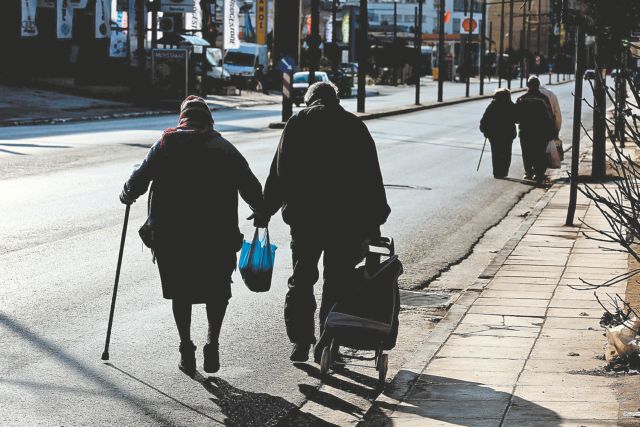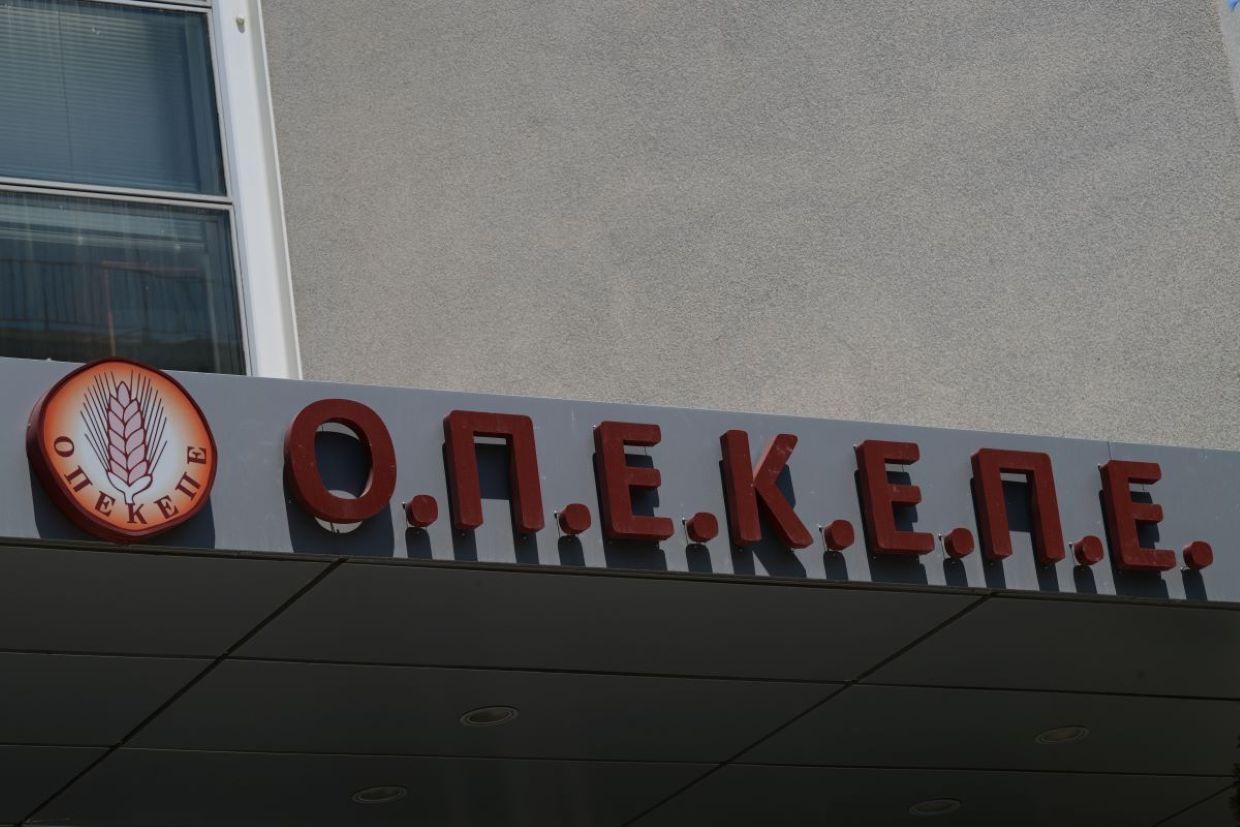The population at risk of poverty or social exclusion rose to 28.9% of the country’s population (3,043,869 people) in 2020, showing a decrease compared to 2019 by 1.1 percentage points (3,161,936 people corresponding to 30, 0% of the population), according to the latest data of the Income and Living Conditions Survey of Households 2020 of the Hellenic Statistical Authority.
The research
In particular, based on the results of the research:
– The risk of poverty or social exclusion is higher in the case of people aged 18-64 (31.9%).
– Of the population aged 18-64 who are at risk of poverty or social exclusion, it is estimated that 30.0% are Greeks and 52.2% are foreigners living in Greece.
– Of the population aged 18 and over who are at risk of poverty or social exclusion, it is estimated that 27.0% are Greeks and 55.7% are foreigners outside the 28 EU countries residing in Greece.
– Of the foreigners residing in Greece, aged 18-64 and at risk of poverty or social exclusion, 49.9% were born in another country, while 29.8% are foreigners born and residing in Greece.
– The percentage of the population at risk of poverty, but living in households without material deprivation and without low labor intensity amounts to 7.1%.
– 17.7% of the population is at risk of poverty (after social transfers), 16.6% are in material deprivation and 12.6% of the population aged 0-59 live in households with low labor intensity.
– The percentage of the population that is not at risk of poverty and lives in households without material deprivation, but with low labor intensity amounts to 3.5%.
– The percentage of the population that is not at risk of poverty and lives in households with material deprivation, but without low labor intensity amounts to 7.4%.
How many are on the brink of poverty
The poverty line is € 5,269 per year per single-person household and € 11,064 for households with two adults and two dependent children under the age of 14, and is set at 60% of the median total equivalent disposable income of households, which was estimated to 8,781 euros, while the average annual disposable income of households in the country was estimated at 17,263 euros.
In the year 2020 (income reporting period 2019), 17.7% of the total population of the country was at risk of poverty. This index, which in the year 2005 (with income reference period in the year 2004) amounted to 19.6%, recorded an upward trend until the year 2012 where it was estimated at 23.1% while it began to decrease from the year 2014.
Households at risk of poverty are estimated at 701,405 out of a total of 4,115,678 households and their members at 1,856,081 out of a total of 10,514,769 people in the estimated population of the country.
The risk of poverty for children aged 0-17 years (child poverty) amounts to 20.9%, recording a decrease of 0.2 percentage points compared to 2019, while for the age groups 18-64 years and 65 years and over it amounts to 18.4% and 13.0%, respectively.
The risk of poverty, calculated with thresholds other than 60% of the median total available equivalent income, is:
– 7,3%, if the threshold is set at 40% of the median total available equivalent income,
– 11.8%, if the threshold is set at 50% of the median total available equivalent income, and
– 25,6%, if the threshold is set at 70% of the median total available equivalent income, respectively.
In five (5) Regions (Ionian Islands, Attica, Crete, South Aegean and Epirus) poverty risk rates are recorded lower than that of the whole country, while in eight (8) Regions (Thessaly, Central Greece, Peloponnese, North Aegean, North Macedonia, Western Macedonia, Eastern Macedonia and Thrace and Western Greece) the corresponding percentages are higher






































